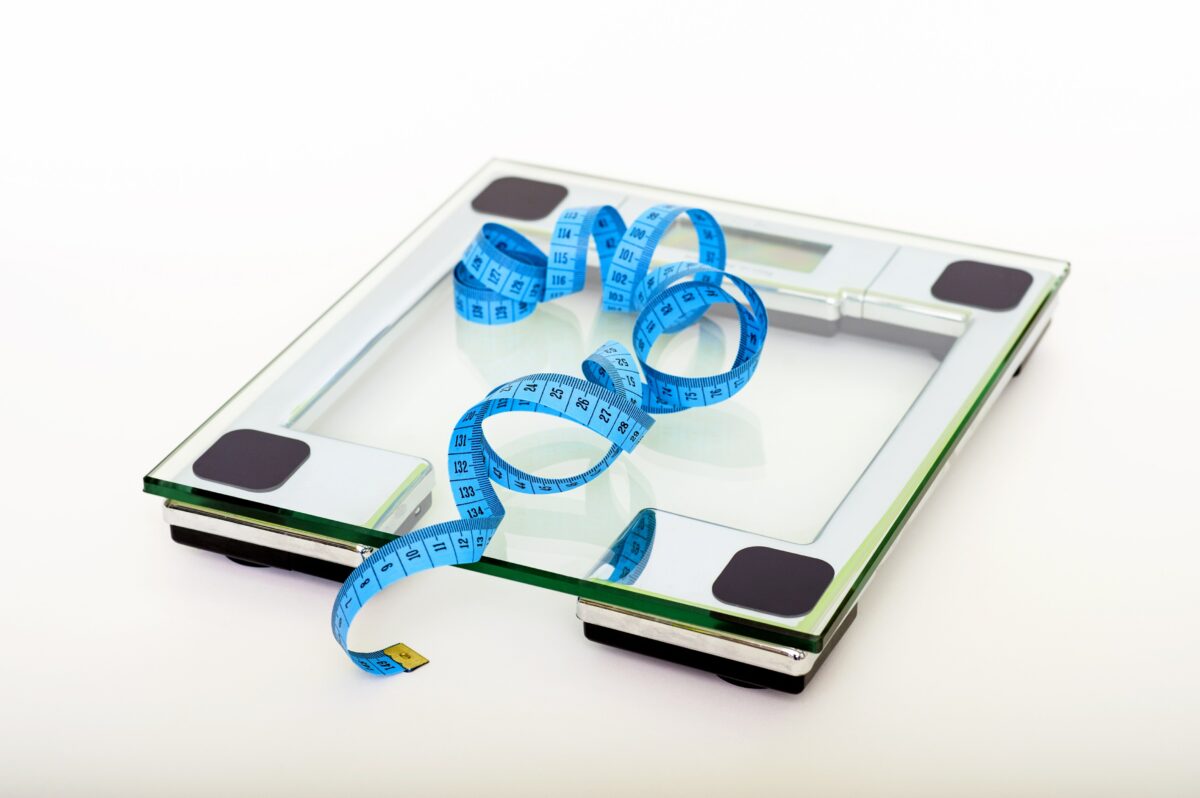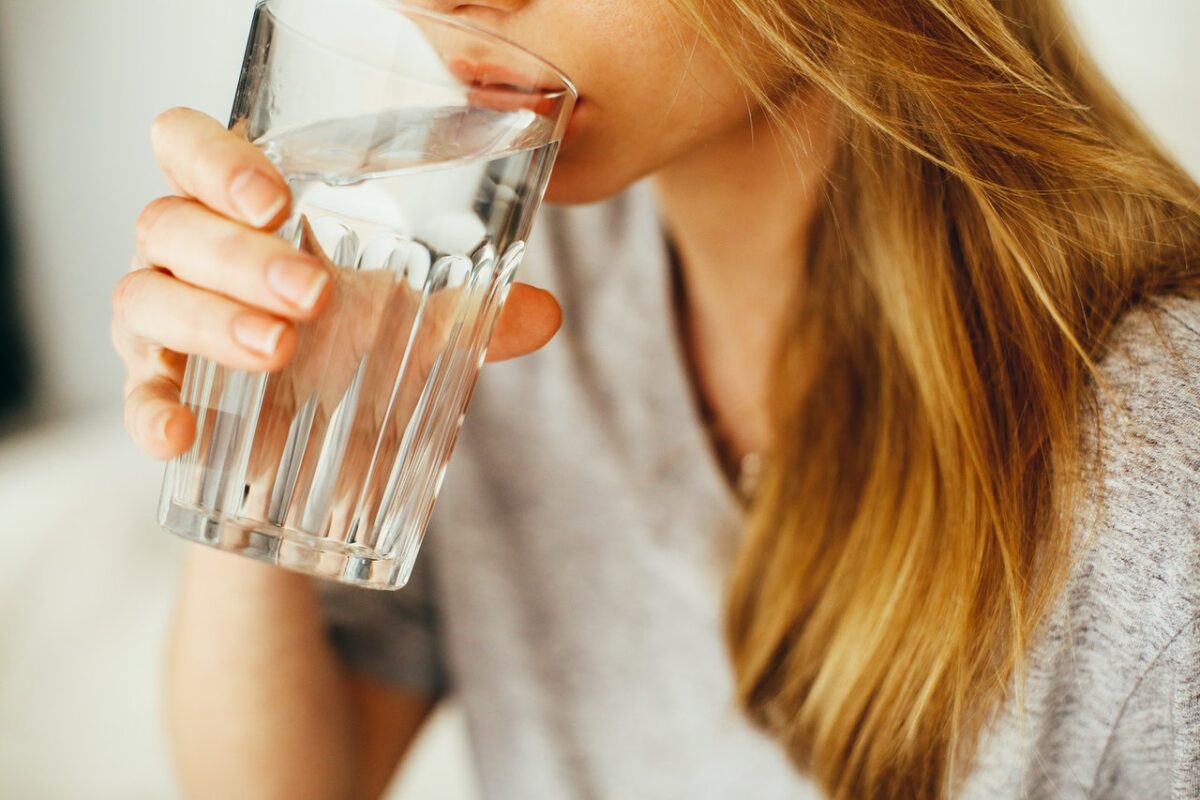This is a hard question to answer as the “right” intensity will vary by from person-to-person. Some women desire to feel a tough physical challenge, while some prefer to take it easier. It is always a good idea to exercise at a level you enjoy and feel physically and emotionally comfortable at. The American College of Obstetricians and Gynecologists recommends to exercise at a level you self-rate as a 12-14 (somewhat hard) on the scale shown here. This is known as “moderate” intensity.

If you are someone who desires something more challenging, and you did more challenging exercises before becoming pregnant, you should be able to continue the exercise/s you were doing before (possibly at a lighter weight or slower speed than before, especially later in pregnancy). This is assuming you have a healthy pregnancy and permission from your doctor. While an upper limit of difficulty during pregnancy has not been established, research suggests that even difficult exercise late in pregnancy is safe for mom and baby. Pregnancy is probably not the best time to start a sport or activity that is very physically demanding for you.
If you do decide to participate in more challenging exercises, consider having close supervision and pay careful attention to drinking enough fluids, staying cool, and eating enough calories.
Physical Activity and Exercise During Pregnancy and the Postpartum Period: ACOG Committee Opinion, Number 804. (2020). Obstet Gynecol, 135(4), e178-e188. doi:10.1097/AOG.0000000000003772
Beetham, K. S., Giles, C., Noetel, M., Clifton, V., Jones, J. C., & Naughton, G. (2019). The effects of vigorous intensity exercise in the third trimester of pregnancy: a systematic review and meta-analysis. BMC Pregnancy Childbirth, 19(1), 281. doi:10.1186/s12884-019-2441-1
Szymanski, L. M., & Satin, A. J. (2012). Strenuous exercise during pregnancy: is there a limit? Am J Obstet Gynecol, 207(3), 179 e171-176. doi:10.1016/j.ajog.2012.07.021
© WKU {2022} All rights reserved.




